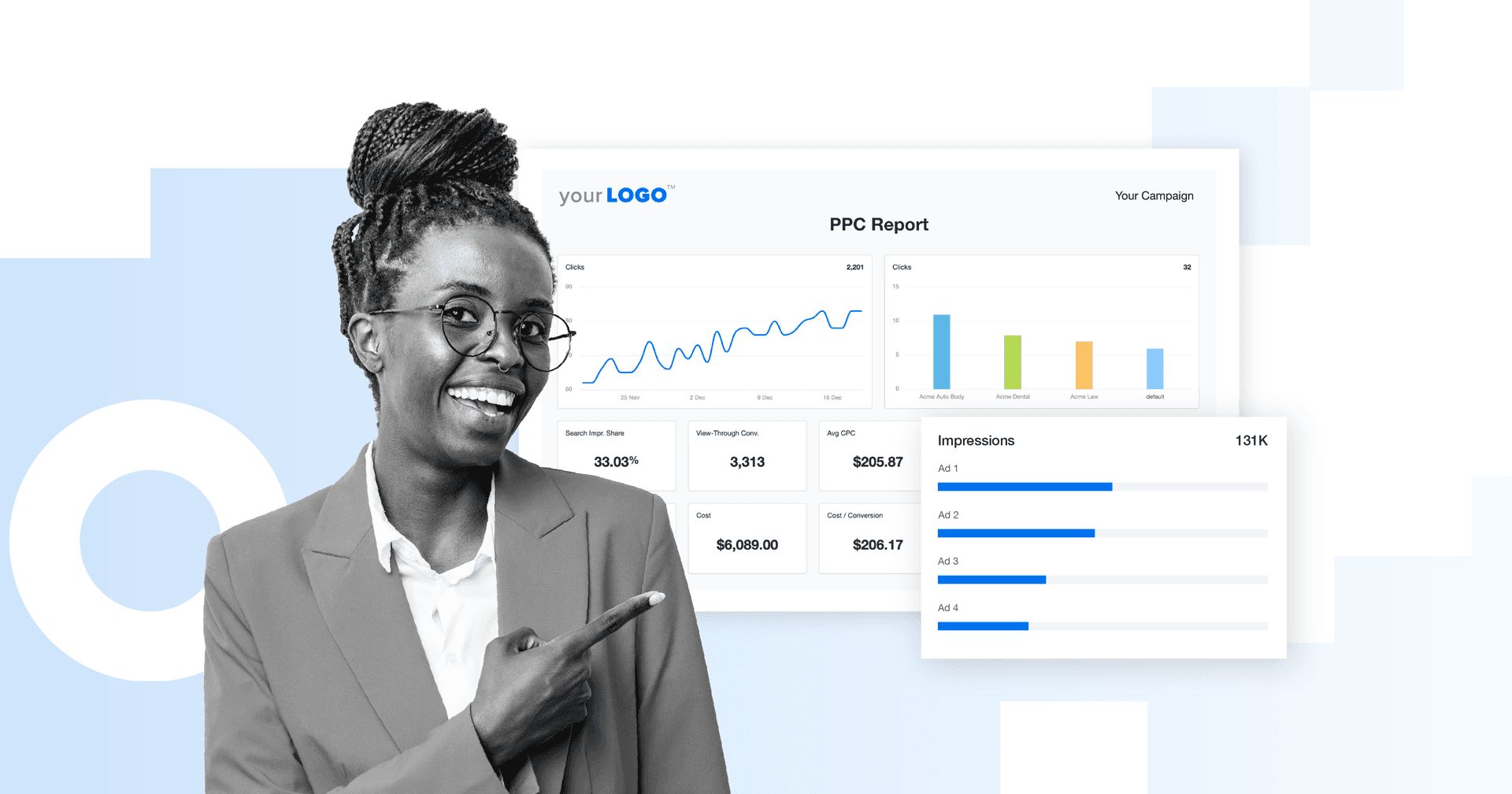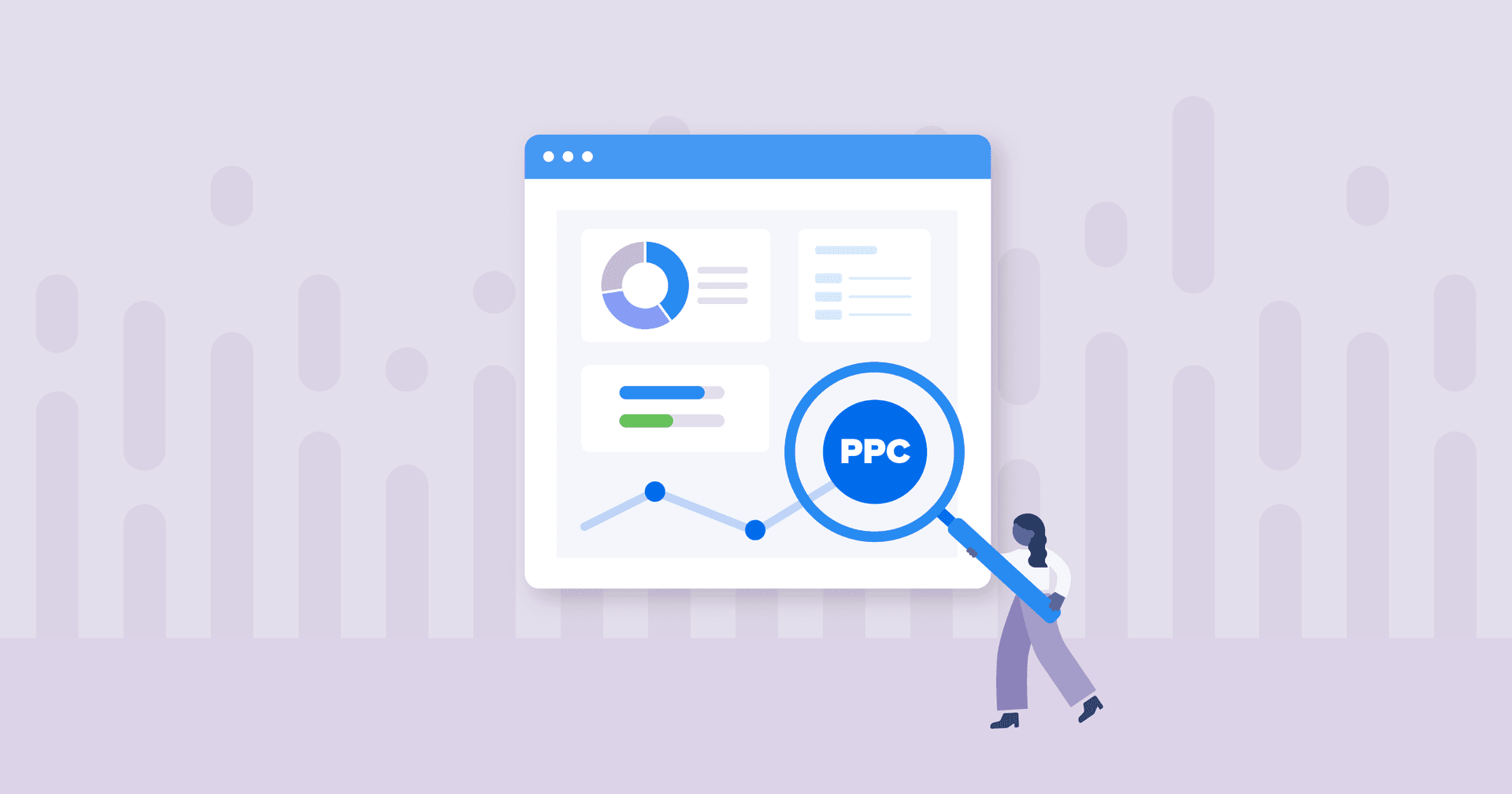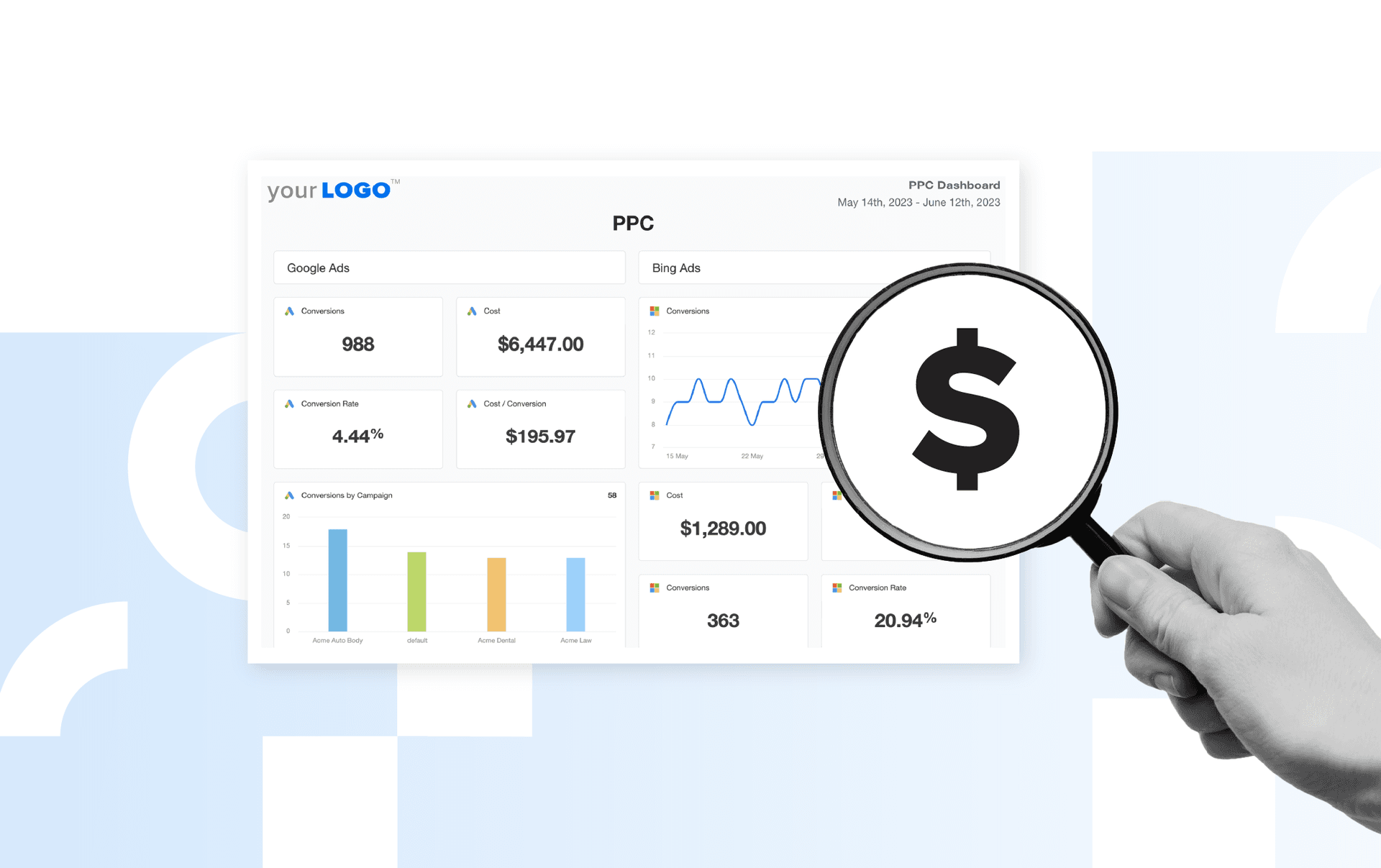Table of Contents
QUICK SUMMARY:
Explore how Kevin Watts leveraged a crucial lesson on recurring revenue to transform his agency, Raincross, into a programmatic advertising powerhouse. Learn how Raincross's strategic use of advanced technologies and data-driven advertising tactics has allowed the agency to thrive amid tightening privacy regulations and economic challenges.
At the best of times, it takes about 90 minutes to drive from Riverside, California, to Los Angeles. That’s about how long it took Raincross founder Kevin Watts to learn one of the most critical lessons of his career: the importance of recurring revenue.
That lesson didn’t come in the form of a podcast—though Watts consumes his fair share (his current favorite is All In)—but from a conversation he had with his dad as they drove to a football game.
In 2013, Watts was at a crossroads in his career. Having made his name in the world of ecommerce, he witnessed how the companies for which he ran online sales—home storage supplies and sports equipment—were being left struggling to compete with Amazon.
With an extensive background in website design and a knack for generating online traffic and sales, Kevin told his dad he thought he’d give agency life a go, designing and developing websites for clients under the Raincross banner.
“How many times can you build a website?” his dad asked as they drove.
Watts figured he could do two or three a month, with the prospect of updating or redesigning them every few years.
“When I was getting out of the law enforcement field,” his dad, a former cop, said, “I was either going to go into insurance, or I was going to go into real estate. Real estate seemed very appealing—you can make a heck of a commission on a residential house sale. But I realized I could only sell a house one time. In insurance, the commission's not as high, but it's recurring every single year.”
He asked Kevin what other services Raincross could offer besides web design to generate recurring income.
“Well, SEO—I know that like the back of my hand,” Kevin replied. “Pay-per-click campaigns, content marketing—I know how to do that.”
Though he may not have intended to, Kevin’s dad had just dropped the breadcrumbs that would help him plan a recurring revenue model that continually generates income month-by-month. One-off web design and development projects would simply be the icing on the cake.
By 2015, Kevin Watts was out of the ecommerce business altogether, and Raincross was on its way to becoming one of the most trusted full-service agencies serving businesses in Riverside and surrounding areas—from Rancho Cucamonga to Moreno Valley—flanking the highway he and his dad drove on that fateful day more than a decade ago.
Name | Agency | Agency Stats | Location |
|---|---|---|---|
Kevin Watts | Raincross | 15 employees 130+ clients Est. 2013 | Riverside, USA |
Transitioning From Ecommerce to Agency Marketing
Before Kevin Watts founded Raincross in 2013, he'd already racked up a wealth of experience in the ecommerce world that would eventually shape his approach to digital marketing.
Kevin's early career started at Organize Everything, a family-run business that morphed into Organize.com when they decided to take their retail game online. Here, Kevin got his first real taste of what it meant to run an ecommerce site—from pushing sales to wrestling with the beast of online customer engagement.
Kevin also learned the highs and lows of partnering with giants like Amazon. Initially, the collaboration seemed like a win-win, boosting visibility and sales. However, it soon became clear that Amazon was playing both sides. This was Kevin’s first hard lesson in the precariousness of depending too heavily on third-party platforms, which could turn from partners to competitors overnight.
We saw that Amazon was taking over the ecommerce space and middle-tier companies like Organize.com. They also collected our data when we were selling through their platform. They figured out all of our top-selling products and started competing against us—you can buy this container for $8.99 from Amazon or $10.99 from Organize.com. We saw the writing on the wall in 2007-2008.
Kevin Watts, President, Raincross
Kevin moved to MonkeySports, a retailer specializing in sports equipment. Working for MonkeySports further deepened Kevin’s expertise in digital marketing, particularly in SEO and PPC.
These experiences showed him the potential and pitfalls of ecommerce. With that dual insight, he saw an opportunity to jump back into the fray and change the game. He envisioned an agency that could support various businesses across different sectors, helping them establish and expand their digital footprints without falling into the traps he’d experienced.
There are so many companies out here—not necessarily in the ecommerce space—that need an agency with that skill and expertise.
Kevin Watts, President, Raincross
Kevin's goal was clear: Create a versatile, resilient agency capable of adapting to market changes and client needs, regardless of competitive pressures or economic challenges.
Tackling Economic Challenges With Programmatic Advertising
Since its inception, Raincross has experienced remarkable growth. Starting with just a few clients, the agency has successfully expanded its reach to serve over 130 businesses across various industries, including healthcare, law, and real estate.
The team at Raincross has also grown significantly in keeping pace with the increasing demand for its services. From the original duo of Kevin and one employee, the agency has expanded to a group of 15 dedicated professionals. Each team member specializes in key areas of digital marketing.
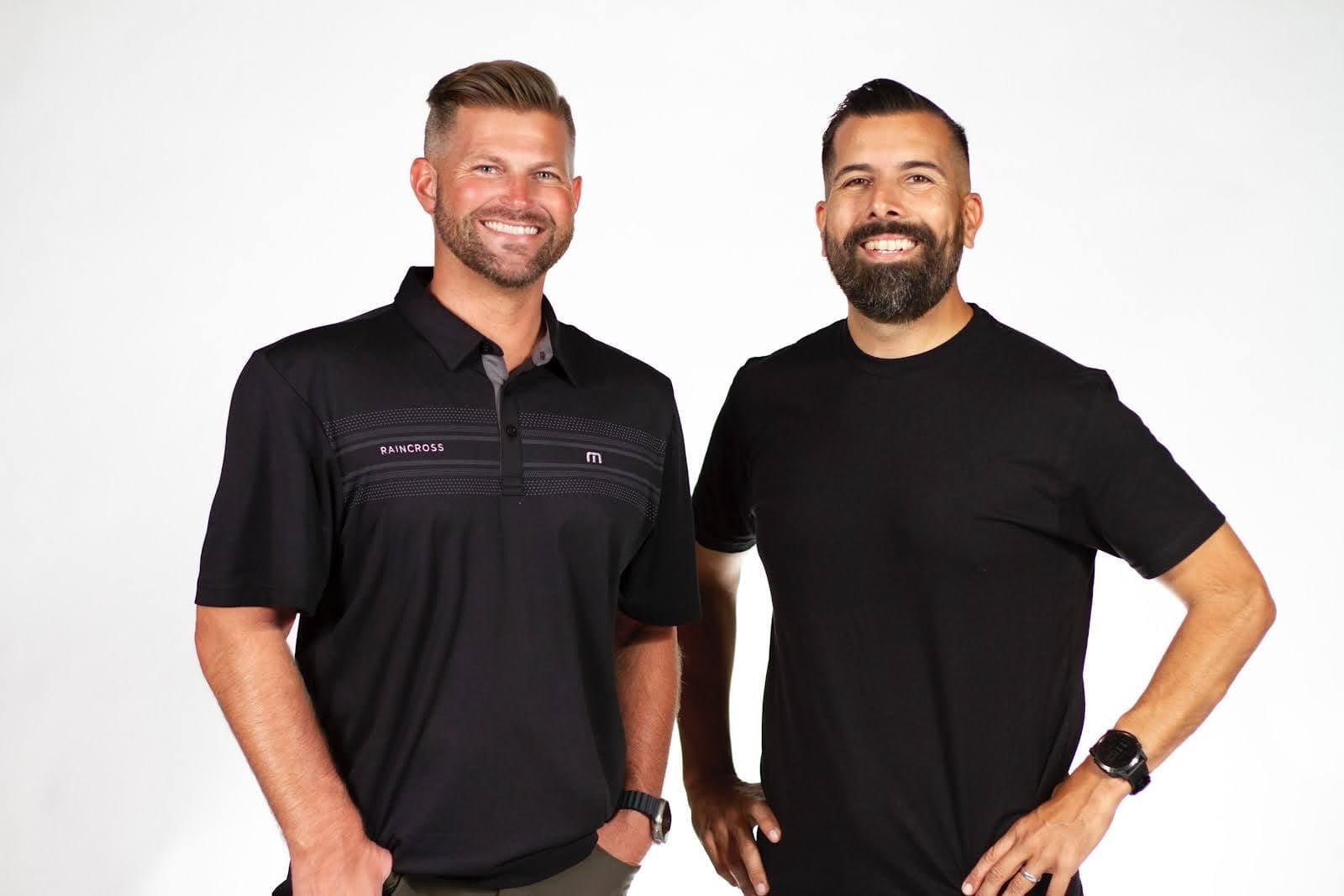
Raincross President Kevin Watts (left) and VP of Strategy and Operations Aurelio Melendrez. (Credit: Raincross)
Despite the economic downturn in the years following the COVID-19 pandemic, the agency managed to retain most of its clientele. Kevin attributes Raincross’s stability to a diversified client base, which acts as a buffer against the sector-specific downturns affecting other agencies.
Another source of resilience came from offering new services and embracing new technology like programmatic advertising.
We had some restaurants, and we had some hospitality businesses that did suffer during COVID, but we were so spread out in the healthcare world, in real estate, and in law that we were able to retain probably 80 to 90% of our clients. We rode that wave out with them.
The pivot into programmatic advertising allowed us to target a different clientele, such as government, municipal services, and higher education.
Kevin Watts, President, Raincross
Programmatic advertising represents a transformative approach to digital marketing services. It automates ad space buying, selling, and optimizing through machine learning and automated ad bidding.
Unlike traditional methods, where advertisers negotiate and purchase ad space directly from publishers, programmatic advertising uses a real-time auction system to streamline this process, making it more efficient and targeted.
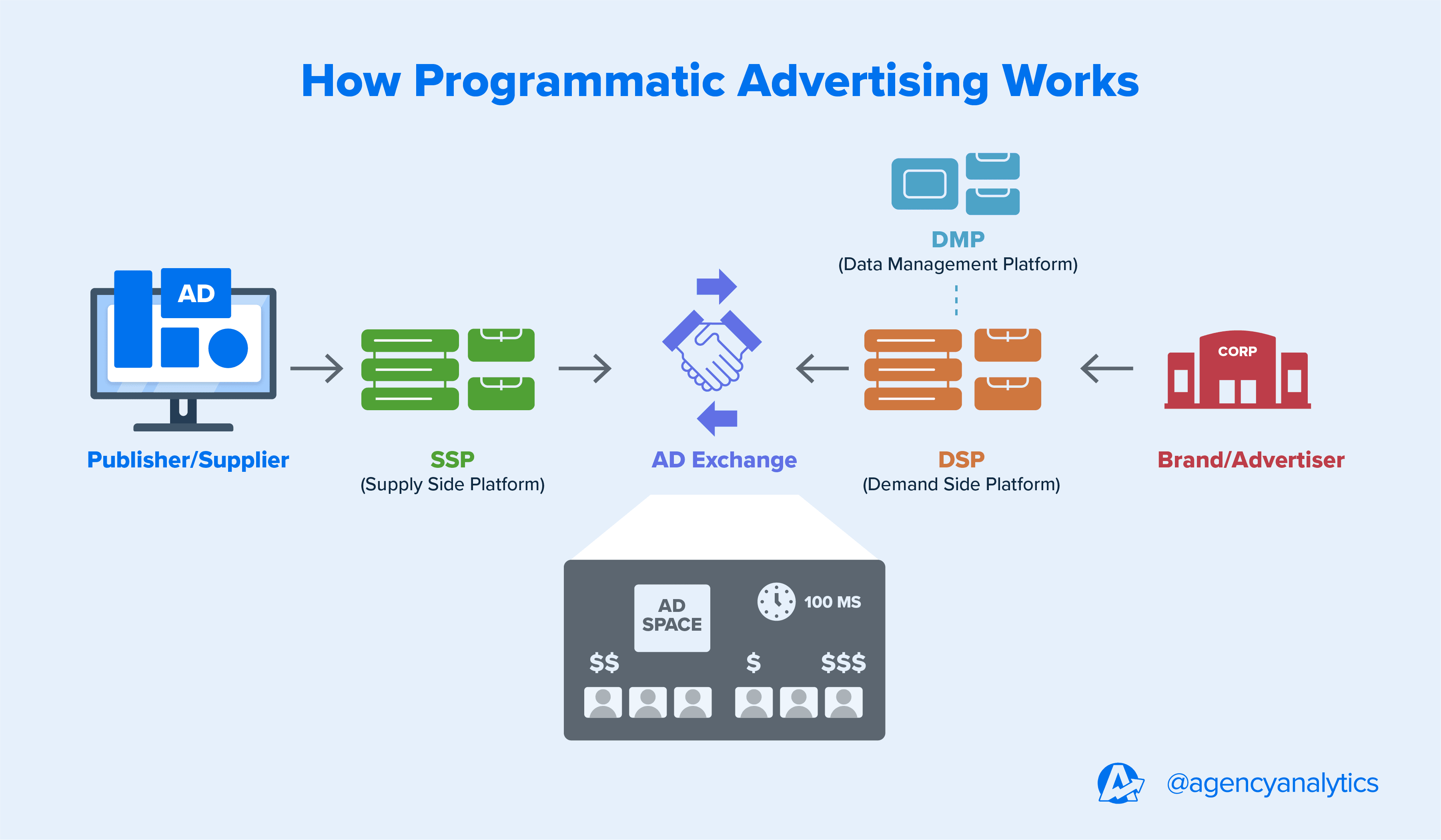
Machine learning algorithms analyze the client's campaign goals and target demographics, the availability of a publisher's ad space, and user behavior data. These algorithms work in real time to match a client’s ad content with the most relevant audience based on interests, demographics, and other critical data points.
Programmatic advertising has become particularly attractive in light of new regulations restricting access to user data on major platforms like Google and Meta. These regulations have been tightening over recent years, significantly impacting how these platforms share data with advertisers and how they allow the targeting of digital ads:
General Data Protection Regulation (GDPR): Enacted in May 2018 by the European Union, GDPR has been a critical regulation reshaping data privacy. It requires businesses to protect EU citizens' personal data and privacy for transactions occurring within EU member states. For companies like Google and Meta, this means stricter consent requirements for collecting and using personal data, affecting how they provide data to advertisers.
California Consumer Privacy Act (CCPA): This act is similar to GDPR but applies to California residents. It gives consumers more control over the personal information that businesses collect about them. This includes the right to know about the personal information a business collects about them and how it is used and shared, the right to delete personal information collected, the right to opt out of the sale of their personal information, and the right to non-discrimination for exercising their CCPA rights.
Changes to Third-Party Cookies: Both Google and Meta have had to adjust how they use third-party cookies in response to increasing privacy concerns and regulatory pressures. Google, for instance, has announced plans to phase out third-party cookies on Chrome browsers, which would restrict advertisers from targeting ads based on users’ browsing history across different sites.
Kevin explains how Google and Meta’s phase-out of third-party data was scheduled to take effect last year, but both companies have postponed this action. Most recently, Google announced a further delay, indicating that third-party cookies would remain functional for a while longer.
Digital marketing agencies like Raincross can still effectively target ads using third-party cookie data. However, the impending phase-out means agencies must prepare for a future where third-party data access is restricted and advertising models change drastically.
For years, Google and Meta have relied on third-party cookies from people’s browsers. Programmatic advertising allows us to tap into other sources to acquire that data to serve ads for our clients.
Kevin Watts, President, Raincross
Why Investing in an In-House DSP Changed the Game
A demand side platform (DSP) is advanced software advertisers use to purchase digital ads automatically.
DSPs streamline the ad buying process by allowing for real-time bidding across multiple platforms, helping advertisers target specific demographics with precision based on data like user behavior and location. With a DSP, agencies optimize ad spending for clients by securing the best prices through real-time auctions, making it easier to adjust campaign strategies based on immediate campaign performance.
We started with some of our current clients who are willing to invest in these types of campaigns. Over the last three or four years, we’ve added many more governments and municipalities, which has helped us skyrocket into the programmatic space.
Kevin Watts, President, Raincross
Investing in DSP software has provided significant advantages for Raincross, especially when it comes to stricter data privacy regulations, which matter to legal and government-based clients.
Even better, Raincross’s DSP software—Basis and Simpli.fi—integrates with AgencyAnalytics, enabling Kevin’s agency to report on programmatic campaign performance with just a few simple clicks.
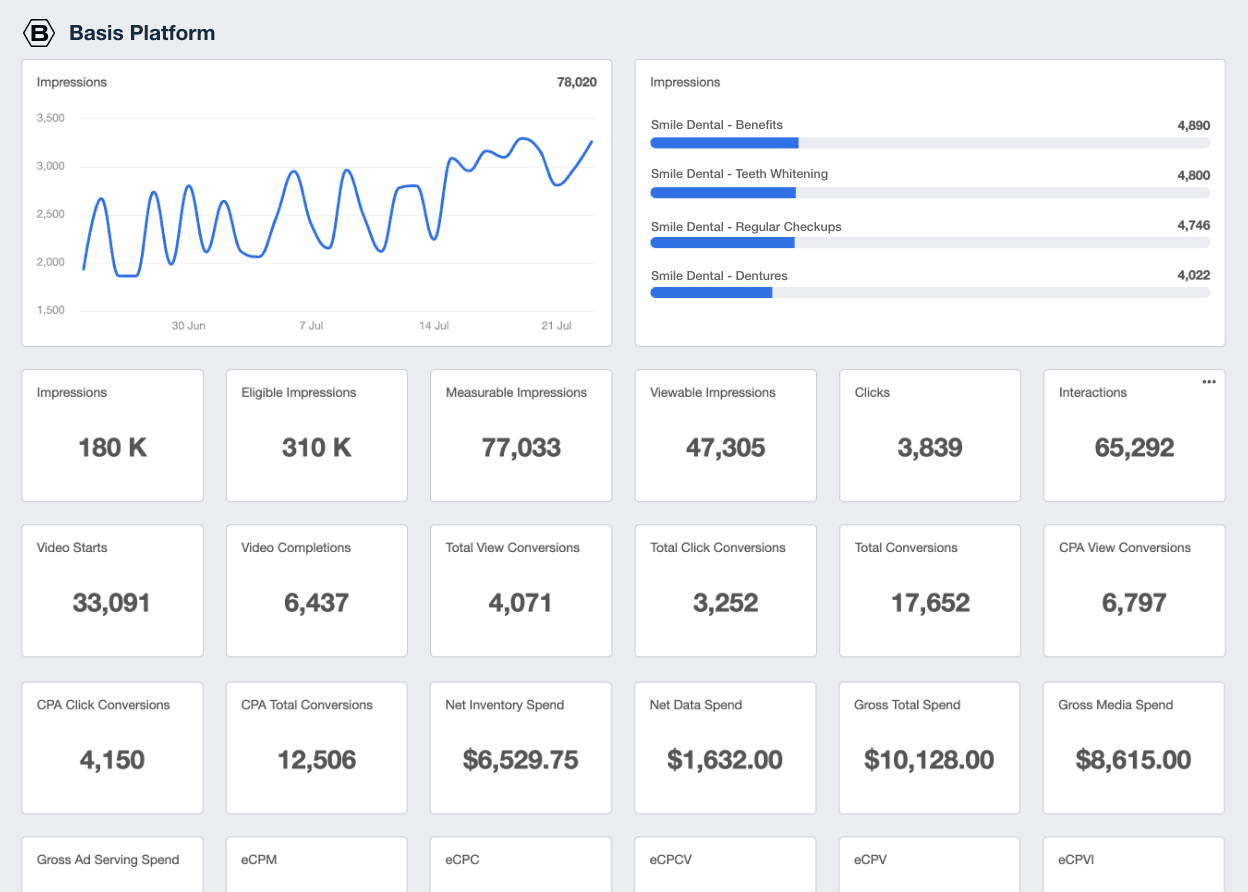
Analyze dozens of programmatic advertising data points using AgencyAnalytics’ integrations with Basis and Simpli.fi. Connect your DSP and start producing comprehensive client reports today!
Here’s how having in-house DSP software helps solve the issues posed by recent regulatory changes for client campaigns:
Enhanced Data Control and Privacy Compliance: With in-house DSP, Raincross gains more direct control over the data it uses and how it's processed. Raincross ensures that the data handling aligns with legal requirements, reducing the risk of breaches that could occur if third-party platforms mishandle data.
Targeted Advertising Without Third-Party Cookies: As Google moves towards phasing out third-party cookies, advertisers need alternative methods for effectively targeting ads. An in-house DSP allows Raincross to use first-party data (information collected directly from clients) and data from other compliant sources to deliver targeted client ads based on user behavior and preferences rather than relying on third-party cookies.
Real-Time Bidding and Better Campaign Optimization: DSPs facilitate real-time bidding (RTB), allowing advertisers to purchase advertising space more efficiently and at better prices.
Cost Efficiency: By managing its own DSP software, Raincross reduces reliance on external vendors for ad buying, which lowers the costs associated with fees or commissions that third-party platforms might charge. This especially benefits clients in a tightening economic environment where maximizing return on ad spend (ROAS) is crucial.
We can search different databases to find the target audience that we're looking for and that the client is looking for. We can build a campaign and get it in front of the end user.
That's where I see the future of agency marketing because of the regulations that have come down on Google and Meta. We can do it now a lot more seamlessly through the programmatic space.
Kevin Watts, President, Raincross
Impress clients and save hours with custom, automated reporting.
Join 7,000+ agencies that create reports in under 30 minutes per client using AgencyAnalytics. Get started for free. No credit card required.
Already have an account?
Log inBuilding the Resilient Agency of the Future
Kevin is confident about what comes next for Raincross.
He sees their smart technology investments and adaptable business model as major growth engines. For Kevin, embracing the rapid changes in digital marketing is necessary and a strategic advantage allowing Raincross to deliver top-tier services and results.
In 2023 and now into 2024, we’ve hit the growth accelerator. We’re using new technology to enhance current client services and go after new clients who feel their agency might not be as nimble and able to pivot as quickly as we have.
Kevin Watts, President, Raincross
Kevin’s approach is about being proactive—seeing where the digital world is heading and ensuring Raincross is leading the way. By leaning into cutting-edge technologies like programmatic advertising and machine learning, Kevin is steering his agency toward a future where they continue to harness market shifts and adapt.
Kevin's journey with Raincross proves that building your business on ongoing client involvement and adopting the latest tech can turn the industry's volatility into a growth opportunity. His experience shows that embracing change—supported by sound business principles and a commitment to innovation—is the key to achieving lasting success.

Written by
Francois Marchand brings more than 20 years of experience in marketing, journalism, content production, and artificial intelligence (AI). His goal is to equip agency leaders with innovative strategies and actionable advice to succeed in digital marketing, SaaS, and ecommerce.
Read more posts by Francois MarchandSee how 7,000+ marketing agencies help clients win
Free 14-day trial. No credit card required.




